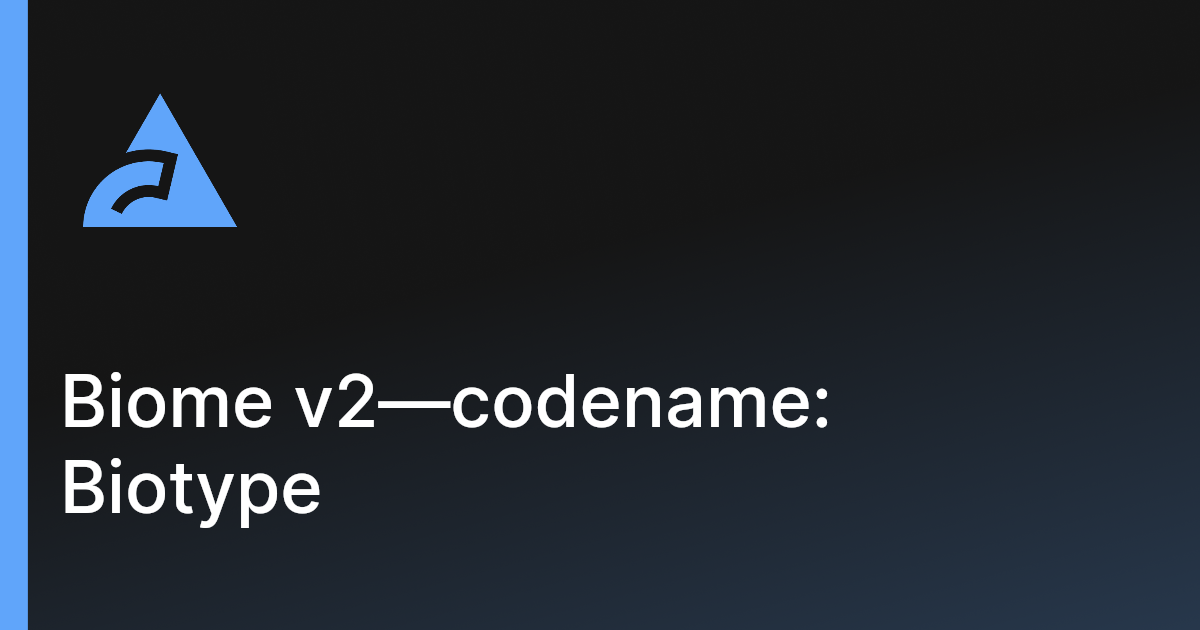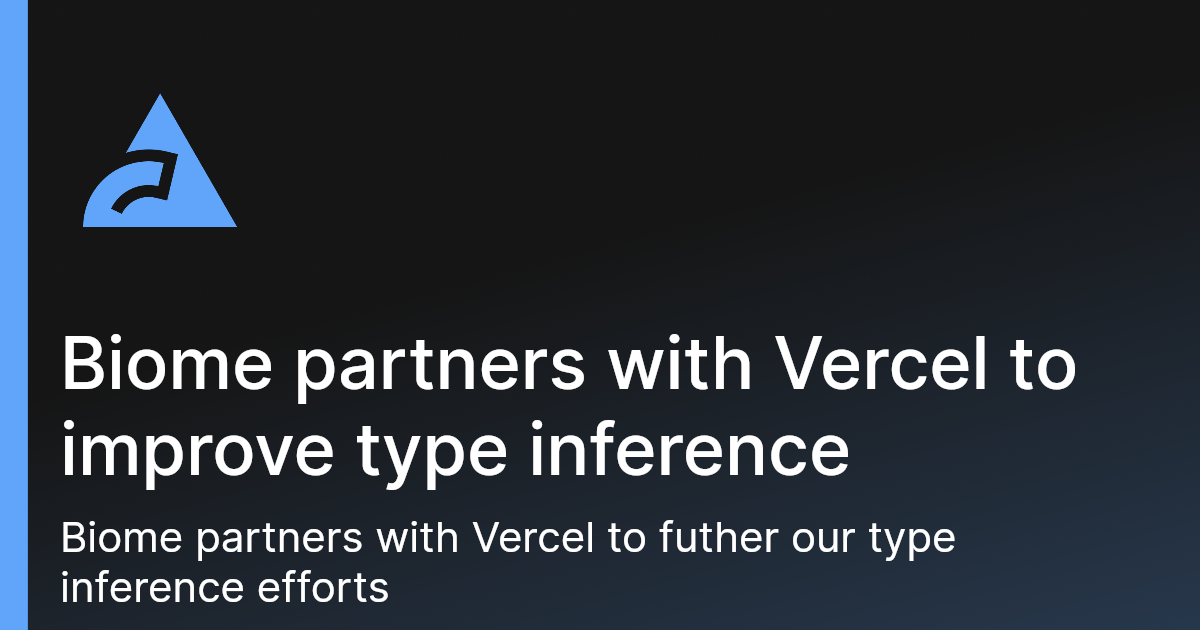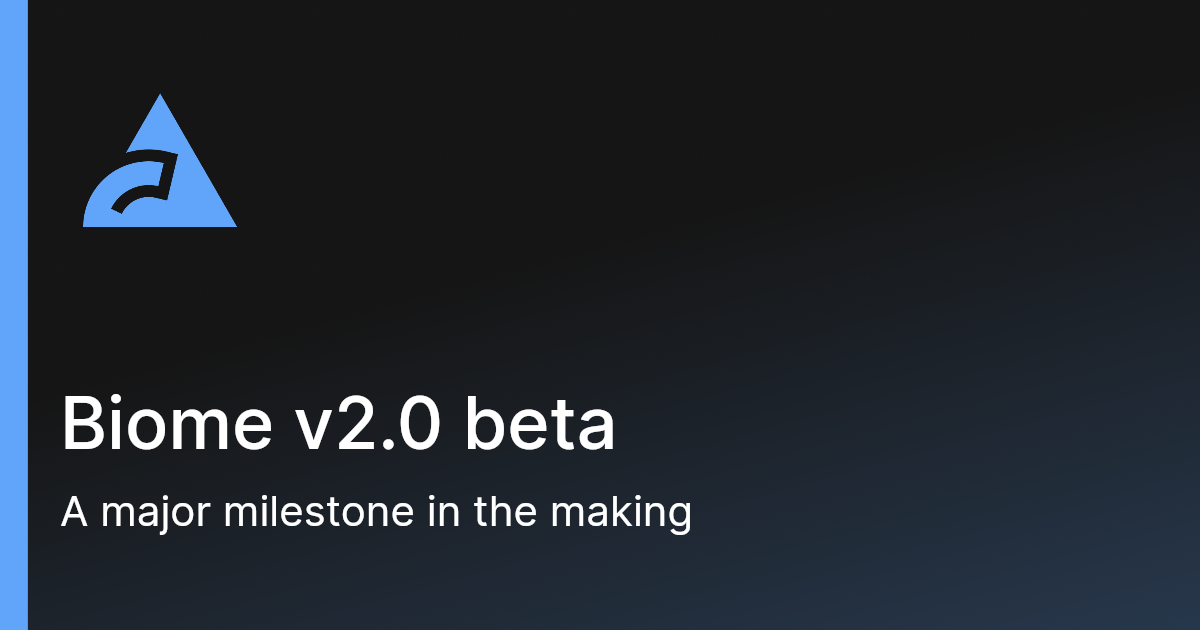

tsc is (very) slow and there are also no convenient ways to interact with it from Rust.
So it saves a lot development and CI time to roll our own. The downside is that our inference still isn’t as good as tsc of course, but we’re hopeful the community can help us get very close at least.






You know, as a full-time Linux user, I think I rather have game developers continue to create Windows executables.
Unlike most software, games have a tendency to be released, then supported for one or two years, and then abandoned. But meanwhile, operating systems and libraries move on.
If you have a native Linux build of a game from 10 years ago, good luck trying to run it on your modern system. With Windows builds, using Wine or Proton, you actually have better chances running games from 10 or even 20 years ago.
Meanwhile, thanks to Valve’s efforts, Windows builds have incentive to target Vulkan, they’re getting tested on Linux. That’s what we should focus on IMO, because those things make games better supported on Linux. Which platform the binary is compiled for is an implementation detail… and Win32 is actually the more stable target.